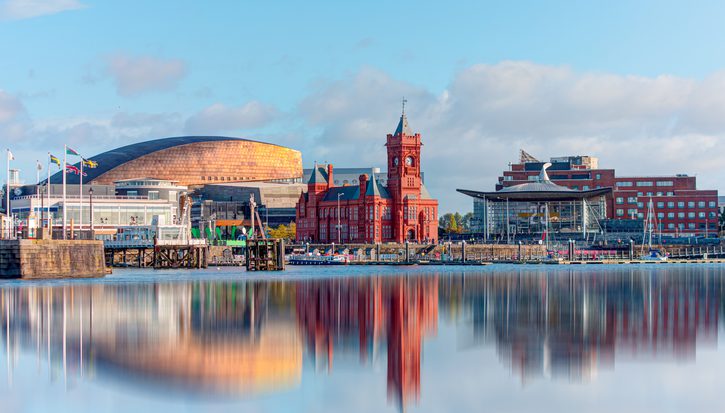The Wrong Stuff. Creative class theory, diversity and city performance
Article
Richard Florida's well-known 'creative class' theory suggests that diverse, tolerant and cool cities will outperform other places. Cities with more ethnic minorities, gay people and counter-culturalists will attract high-skilled professionals: the presence of this 'creative class' ensures cities get the best jobs and most dynamic companies. Much of Florida's research concentrates on American cities. Does it work in the UK?
This paper examines Florida's ideas, focusing on the evidence in British cities. It finds little evidence of a 'creative class', and little evidence that 'creative' cities do better. Businesses look for skilled workers when making location decisions, but skilled people also move to where the jobs are. Buzz attracts young people to city centres for a short time, after which most move out to suburbs.
The paper concludes that the creative class model is a poor predictor of UK city performance. There is other, stronger evidence that diversity and creativity are linked to economic growth in cities, not least through rebranding and boosting tourism. Decisionmakers should focus on the basics: creativity is the icing, not the cake.
Centre for Cities has re-launched as an independent think tank. You can visit them online at http://www.centreforcities.org.
Related items

The heart health divide: Cardiovascular inequalities in Wales
Our third blog on cardiovascular disease in the devolved nations turns the spotlight on Wales.
AI's got news for you: Can AI improve our information environment?
Artificial intelligence is rapidly transforming our information environment and becoming a new front door through which the public access the news.
Apples and oranges? Scottish teachers’ pay in international context
This is the first in a series of IPPR Scotland blogs as part of our project on Employment, Productivity and Reform in the Scottish Public Sector. This project is funded by the Robertson Trust.